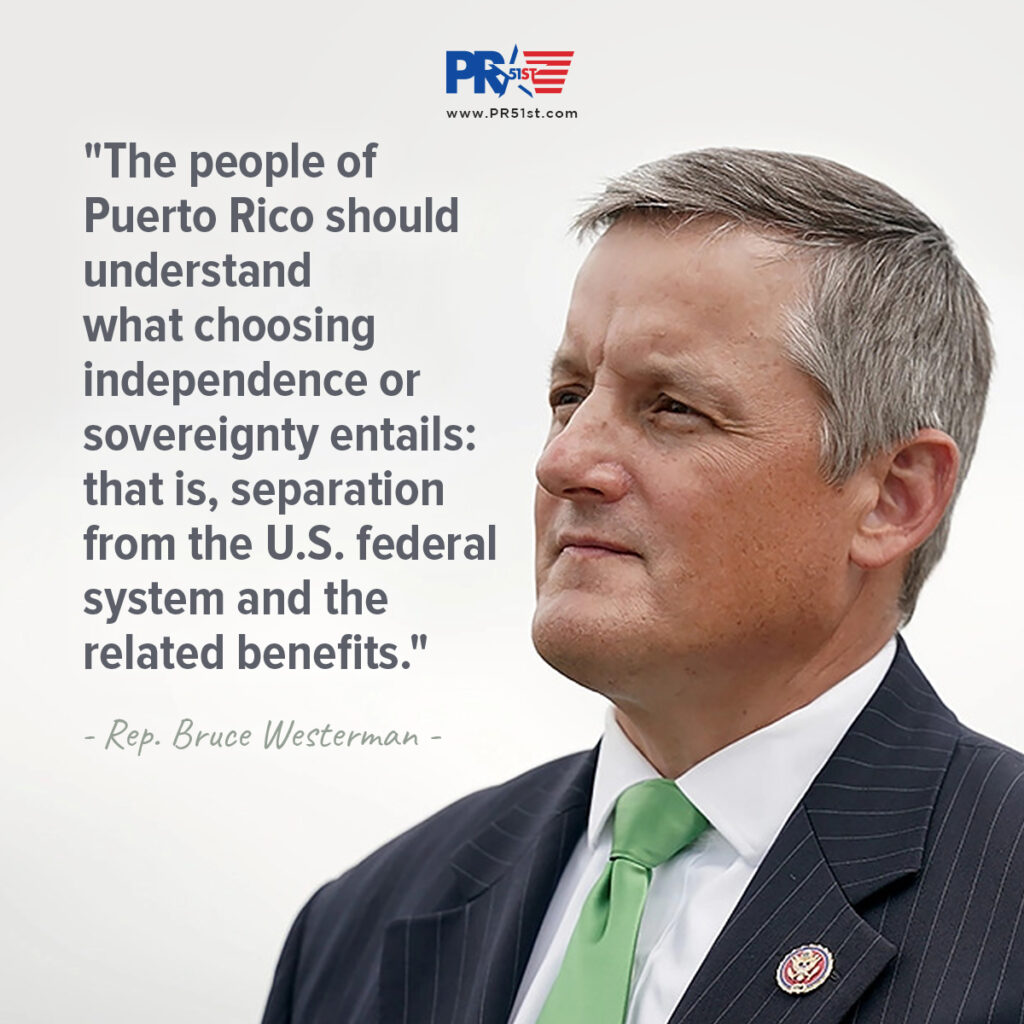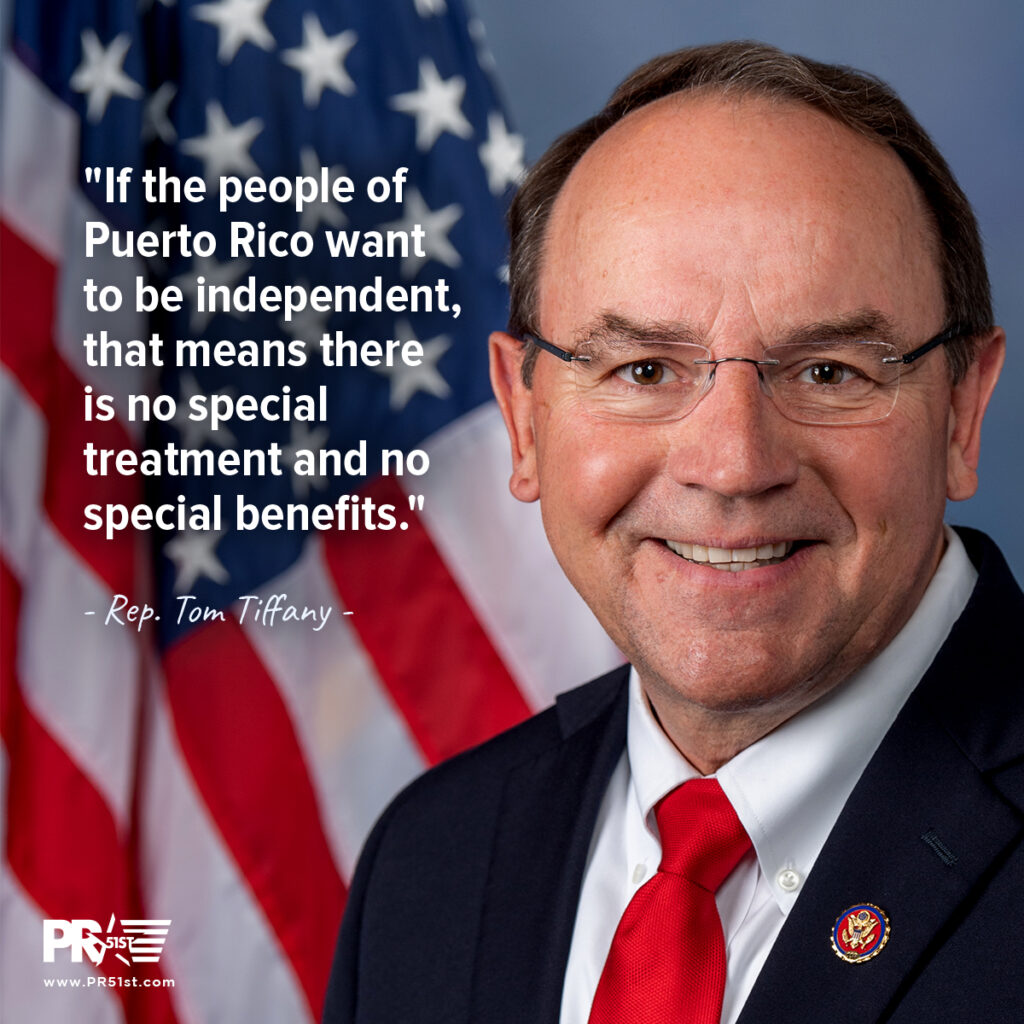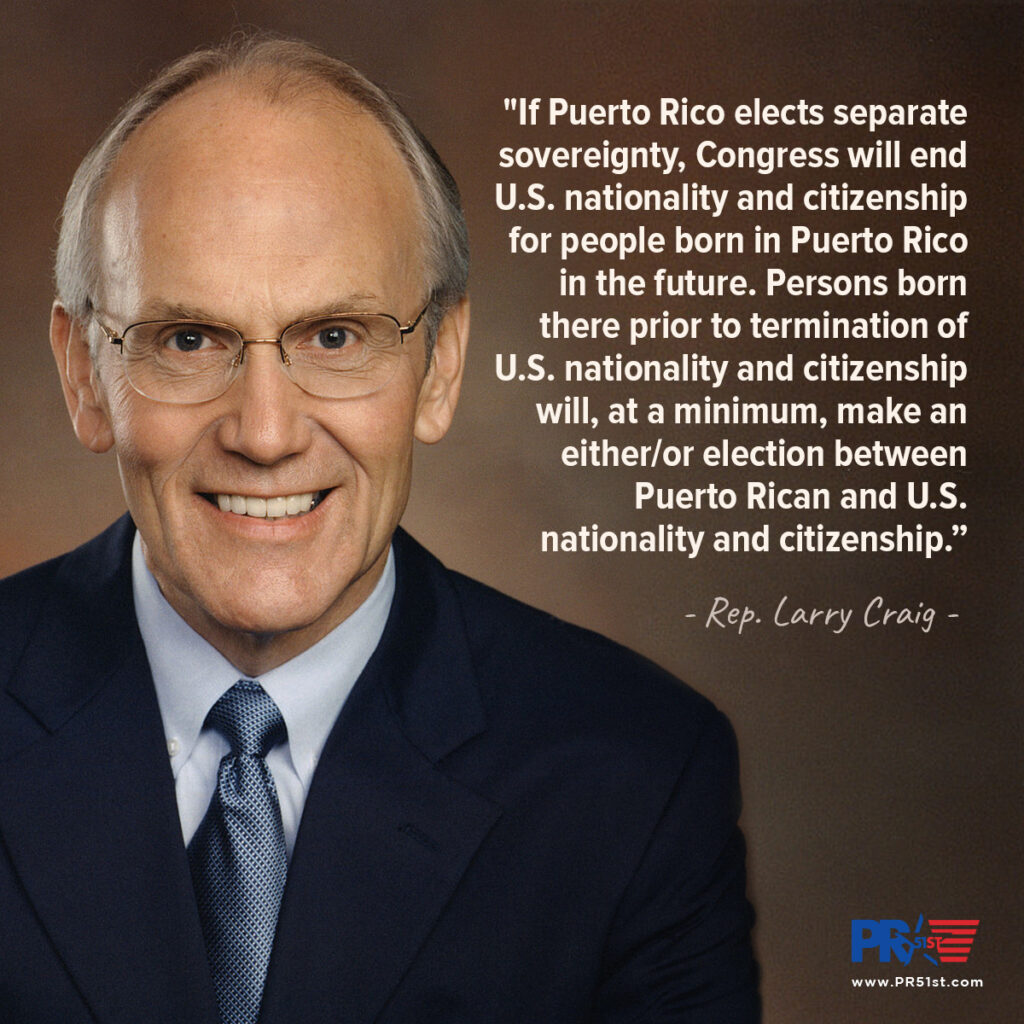Daniel Gilbert wrote a book called Stumbling on Happiness which explored affective predictions: people’s guesses about what will make them happy. We make guesses like this all the time, when we decide what major to choose in school or which job to accept or what town to move to. And, as Gilbert discovered, we are often wrong when we make those guesses. We think horticulture is our favorite subject, but it turns out that we don’t like it at all and end up changing our major. Gilbert’s discoveries about affective predictions have a good lesson for us on the question of the political status of Puerto Rico.
It turns out, Gilbert found, that we’re not very good at guessing how our decisions will turn out, but that there is a very good predictor of what will happen when we make a particular decision. What happens to other people who made that decision actually is a good way to predict how we will feel after we follow through on that decision. What happens to other people who make the same decision is actually a much better indication of what will happen to us than our feelings.
Independence
There are two places that used to be territories of the United States and which are now independent countries: Cuba and the Philippines. (There are also three independent nations with Compacts of Free Association with the U.S.) If we like how things ended up for Cuba and the Philippines, we might be in favor of independence for Puerto Rico, too. There have also been bills and statements from Congress on the subject of independence for Puerto Rico which can give some indication of the kinds of actions the federal government takes when planning for independence for a territory.
But let’s look at some of the predictions being made about independence for Puerto Rico. Here are some things separatists are saying about an independent nation of Puerto Rico:
- “Citizens of an independent Puerto Rico will be U.S. citizens and their descendants will also be U.S. citizens.” This is not true for either Cuba or the Philippines. In fact, people born in the Philippines used to be U.S. nationals, but when they became independent, they immediately lost that status and became subject to the same laws as other foreign nationals.
- “The United States will financially support Puerto Rico and pay reparations.” The U.S. provided some financial support for the Philippines, but no reparations. In fact, veterans born in the Philippines lost their benefits, even though there had been an agreement beforehand that they would continue to receive those benefits. The Tydings bill, a bill calling for independence of Puerto Rico, included no financial support. Bruce Westerman, the current chair of the House Natural Resources Committee, specifically said that an independent Puerto Rico would receive no federal benefits.
- “An independent Puerto Rico will still have a special relationship with the United States.” Most Americans do not even know that Cuba and the Philippines used to be territories of the United States. The current relationships are not more special than other relationship between the United States and other foreign countries. And members of Congress have clearly stated that they will not support a special relationship. Tom Tiffany said there would be “no special treatment and no special benefits.”
Not all members of Congress take this position. However, the things that people actually do are a better way to predict the future than our feelings about what people should do.
Territory status
People who are in favor of continued territory status are actually in favor of the “commonwealth.” This is a fantasy about possible special deals that can be negotiated in the future. It claims that — with sufficient “political will” — Puerto Rico can have “the best of both worlds.” The Island will not be “a mere territory” and will be able to choose which federal laws to follow, to have the benefits of U.S. citizenship without the responsibilities, and sovereignty without independence or statehood.
The Presidents’ Task Forces on Puerto Rico have said repeatedly that the “commonwealth” idea is unconstitutional. The Supreme Court has ruled repeatedly that the territory of Puerto Rico has no sovereignty. Congress has repeatedly refused to confirm the possibility of a “commonwealth” relationship.
Most significant of all is the fact that Puerto Rico has been a territory for more than a century and has never during that time achieved equal rights with the states.
These are actions that demonstrate that the most accurate prediction for Puerto Rico if she continues as a territory is the current colonial relationship with no likelihood of any enhancement, improvement, or perfection. Sovereignty requires either statehood, which will make Puerto Rico sovereign as a state, or separate sovereignty, which will end U.S. citizenship.
Statehood
It is easy to predict the future under statehood. We have 50 states to look at. Each of them is more prosperous now than it was before it became a state. While some have larger independence movements than Puerto Rico does, none of them has chosen to secede since the Civil War, and we can all see that that did not turn out well for the states that decided to try it.
All 50 states have equality with the other states. All have rights and responsibilities. People born in each state are U.S. citizens. Each one is different from the others, but we have plenty of examples. There is no uncertainty about being a state.
Statehood is the most popular option for political status in Puerto Rico. We believe that if the voters on the Island are given another opportunity to choose their status, they will choose statehood, as they have in each referendum during this century. A realistic attitude shows that this is the best choice for our future.










No responses yet